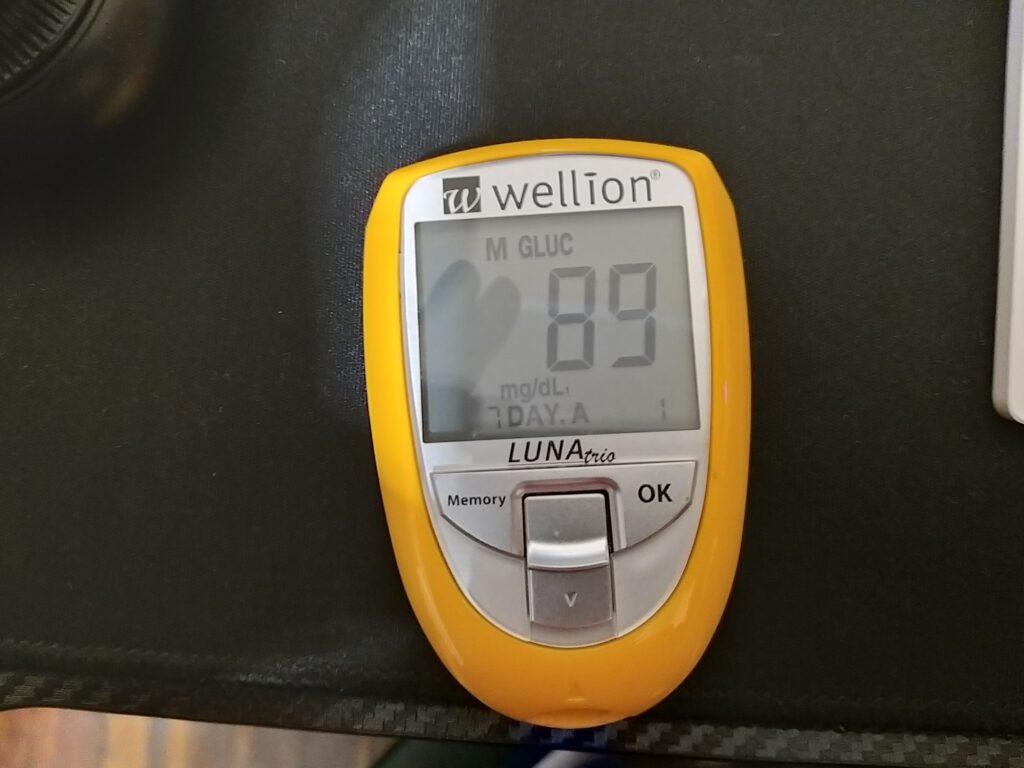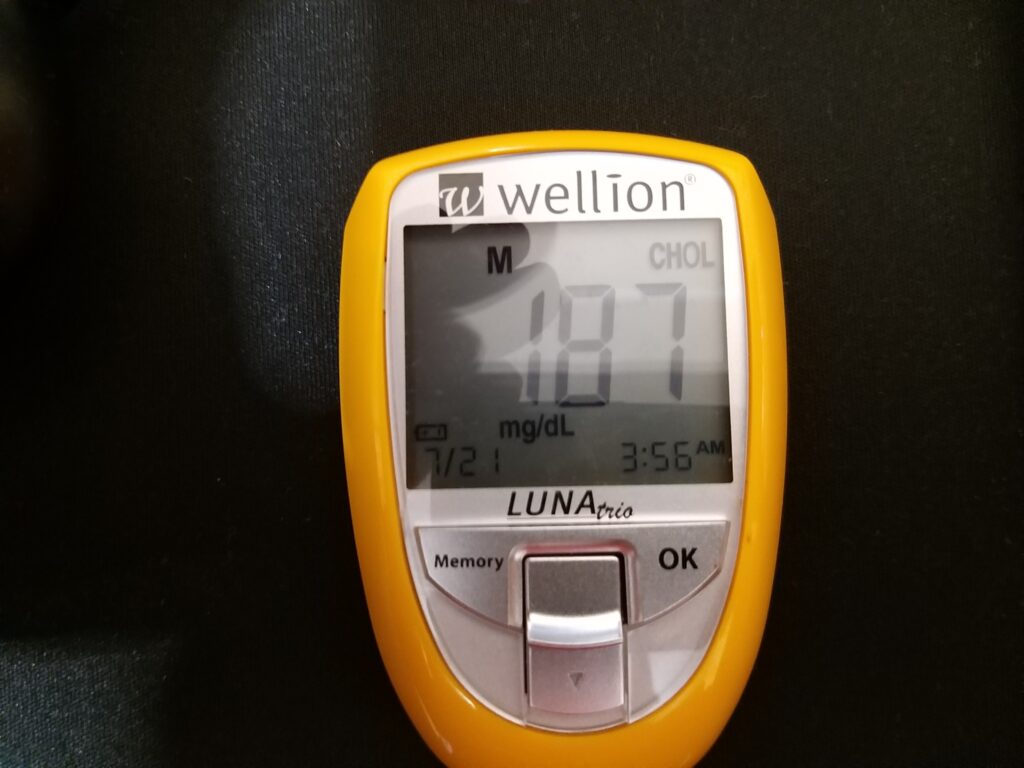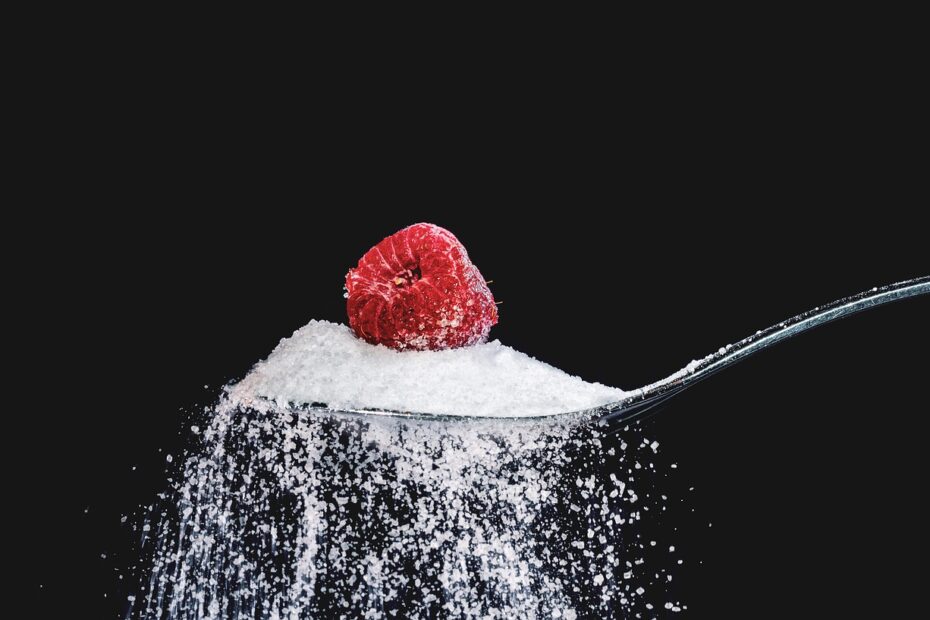Updated 03/14/2025
Sugars do not enter all cells; they are only absorbed by leukocytes to make antibodies.
Sugars are never burned as calories; the only molecules that can be consumed are proteins, which are burned as calories. Sugars are transformed into antibodies in leukocytes, and then the antibody is eliminated by the liver or melanocytes.
If cells absorb sugars, they are unable to metabolize them and return them to the bloodstream.
When there is a large amount of sugar, the body transforms it into fat for storage, and then certain cells in the pancreas transform it back into sugar.
Fruit or sugar is metabolized in half the time of carbohydrates. For example, if we eat fruit, the leukocytes have half the workload and could phagocytize it in six hours, which is when it is eliminated by the liver. On the other hand, if we consume carbohydrates, it could be phagocytosed in 12 hours.
The main diet could be carbohydrates, which are what the body metabolizes the most, but the intake depends on the blood’s ability to absorb those amounts, the hours it remains in the blood, and the melanin and feces produced.
It could also be said that high blood sugar is due to numerous viral infections or high levels of antibodies in the blood. If we have cholesterol, it’s an indication of a diet high in carbohydrates, and protein intake is better.
Here are some photos of my blood sugar and cholesterol levels, measured with a Wellion. I recommend it because it’s difficult to predict the levels.

Cholesterol:

When antibodies are high in the blood, due to their properties or when there is a risk of viral infection, they block the chromosomes or the openings in the chromosomes of cells, where DNA or chromosomes breathe and where the virus attaches.
When the risk of infection decreases or the blood is low in antibodies, the pancreas releases insulin, which expels antibodies from the openings in the chromosomes of cells and triggers the entry of sugar into the leukocytes, which are used to produce antibodies.
The process of converting fats and sugars occurs in the cells of the pancreas, and sometimes this process is slow, and viruses take advantage of it to infect others. It can also raise the level of uric acid in the blood to eliminate fats through the kidneys.
When the process of converting fats to sugars is slow, it is necessary to reproduce chromosomes that convert fats into sugars. When these chromosomes are converted quickly in the pancreas, the doses needed by melanocytes increase, and this can significantly lower cholesterol and uric acid levels. These chromosomes also exist for the opposite: converting sugars to fats.
These pancreatic chromosomes are relative and can be lost or gained through an unbalanced diet.
The use of these fat-to-sugar chromosomes by the pancreas, along with a low intake of carbohydrates and sugars, can significantly reduce adipose tissue.
This process can be positive in advanced age, since the more fats that are metabolized into sugars, the more it wards off viruses such as the flu, comet viruses, or water viruses, which do not contribute anything positive to the body, since the fats in melanocytes create salts and not antibodies. It may be more related to fish, since the flu with salts is more favorable.

